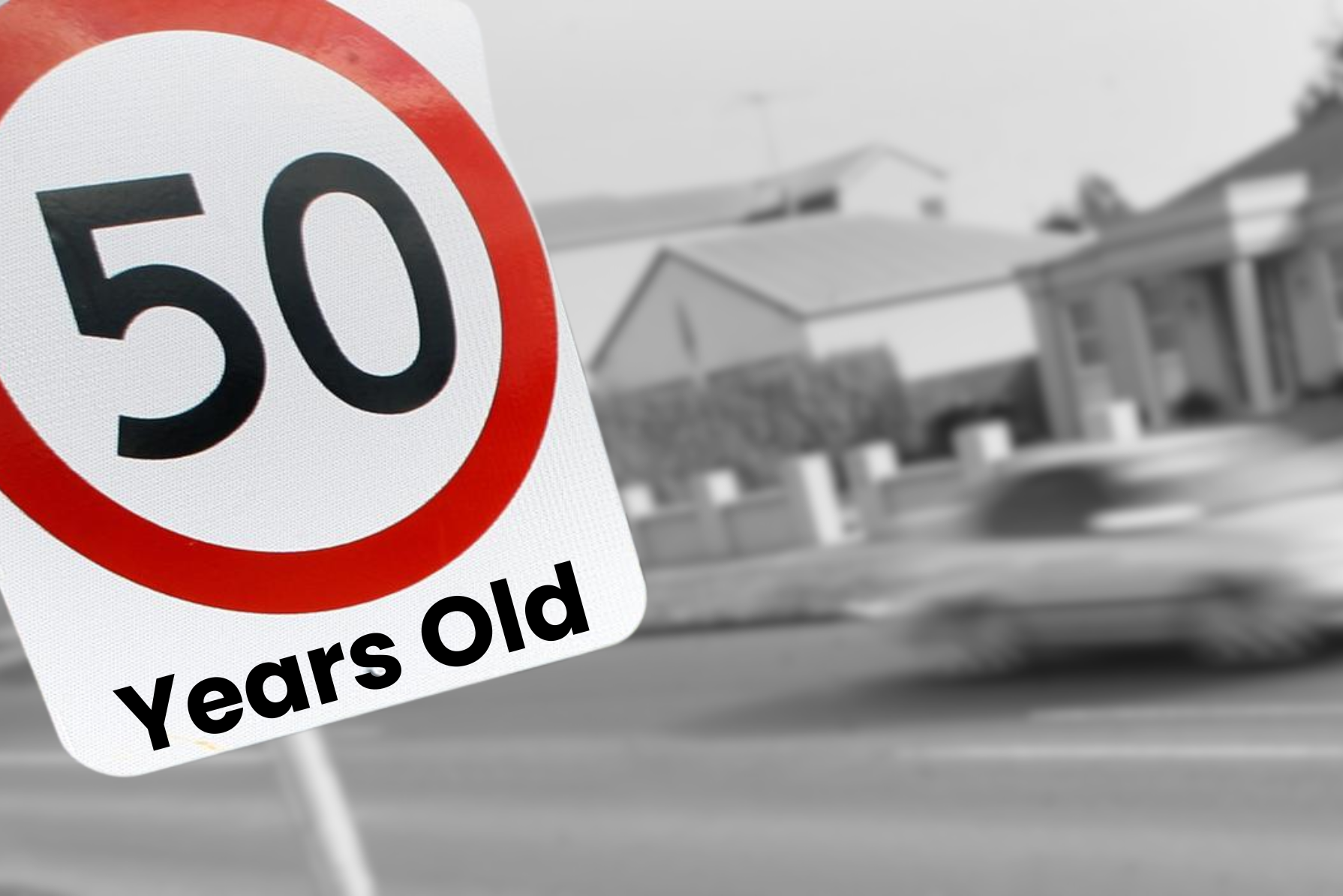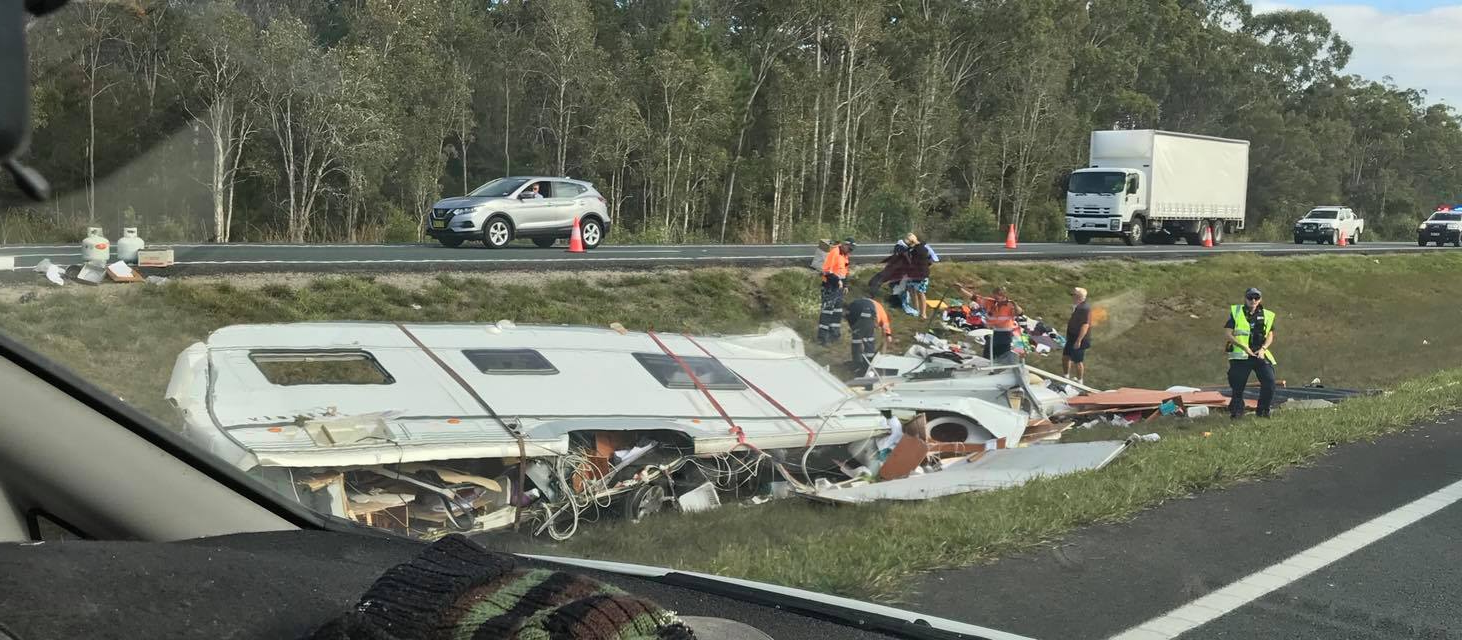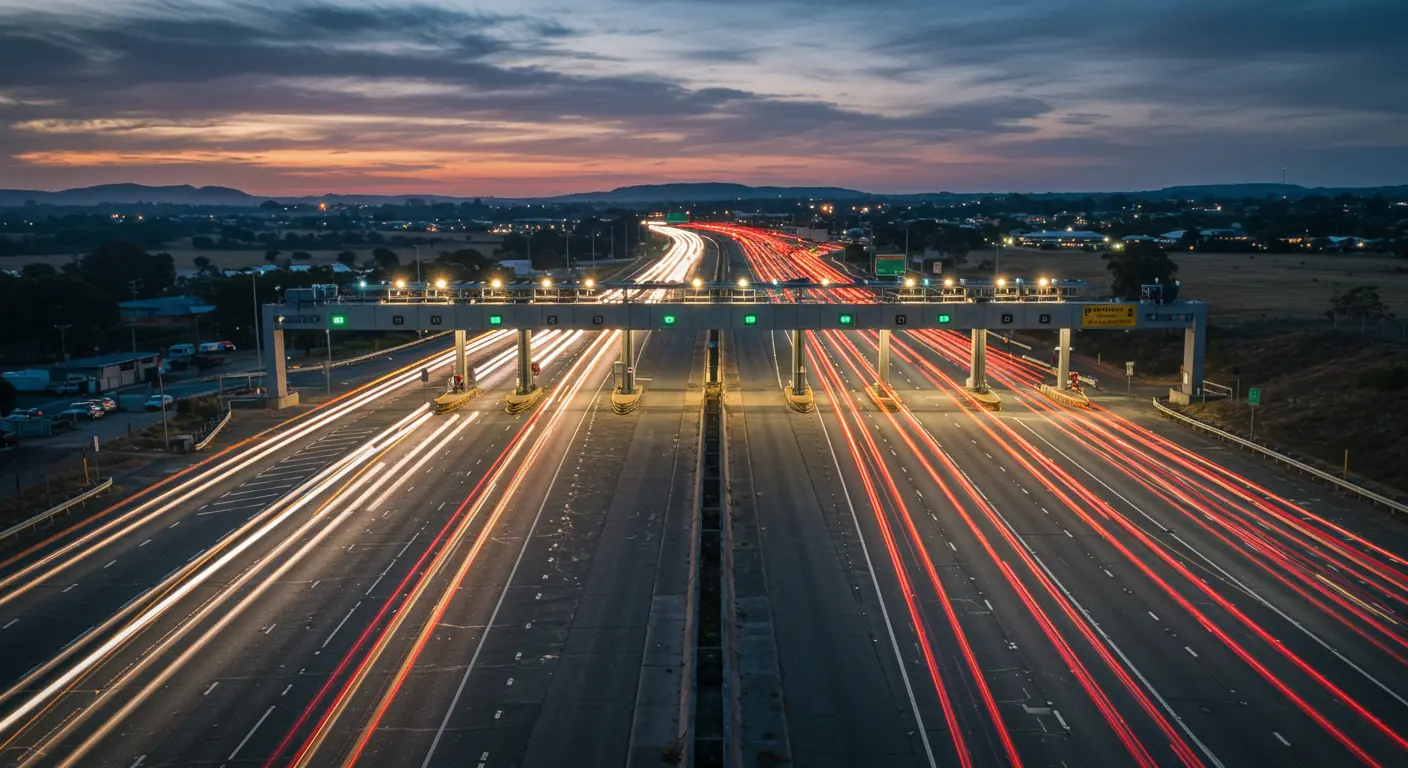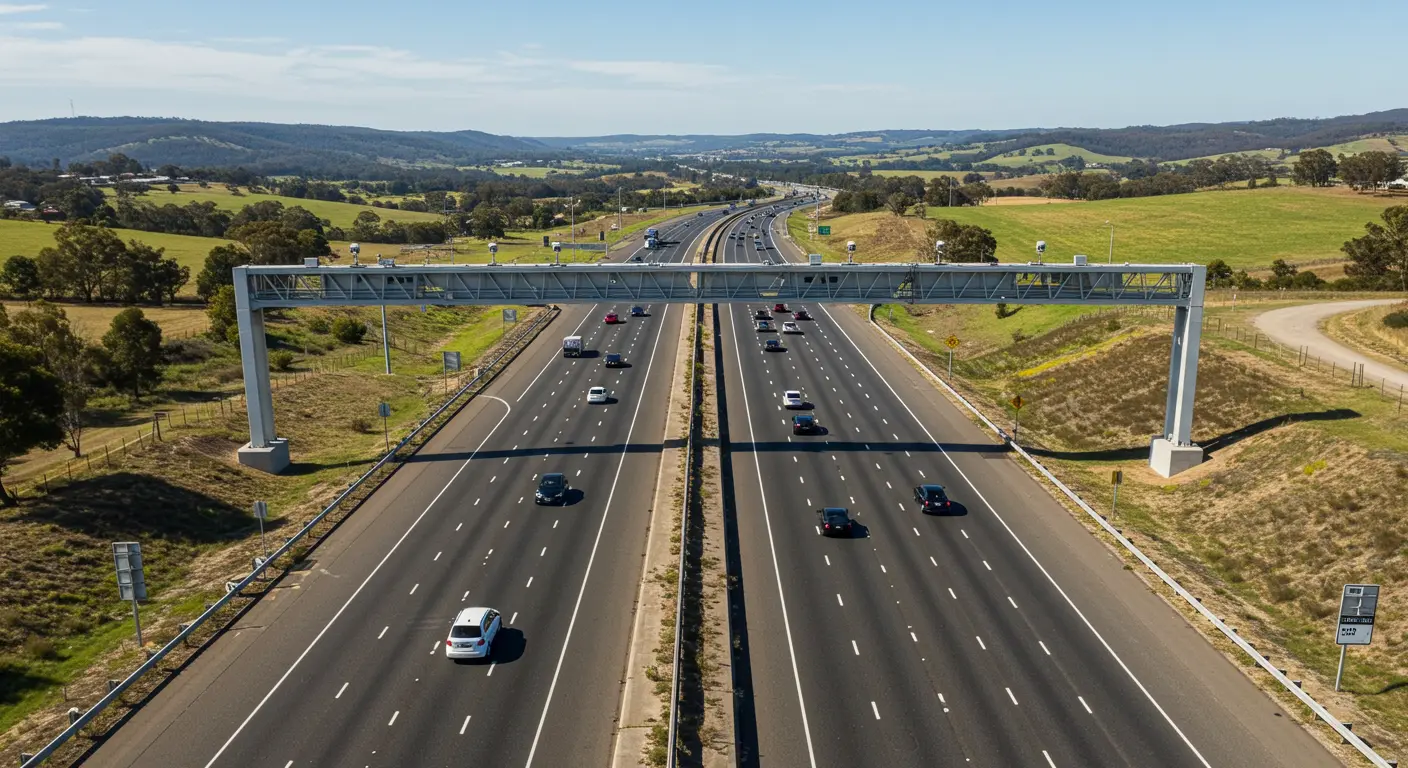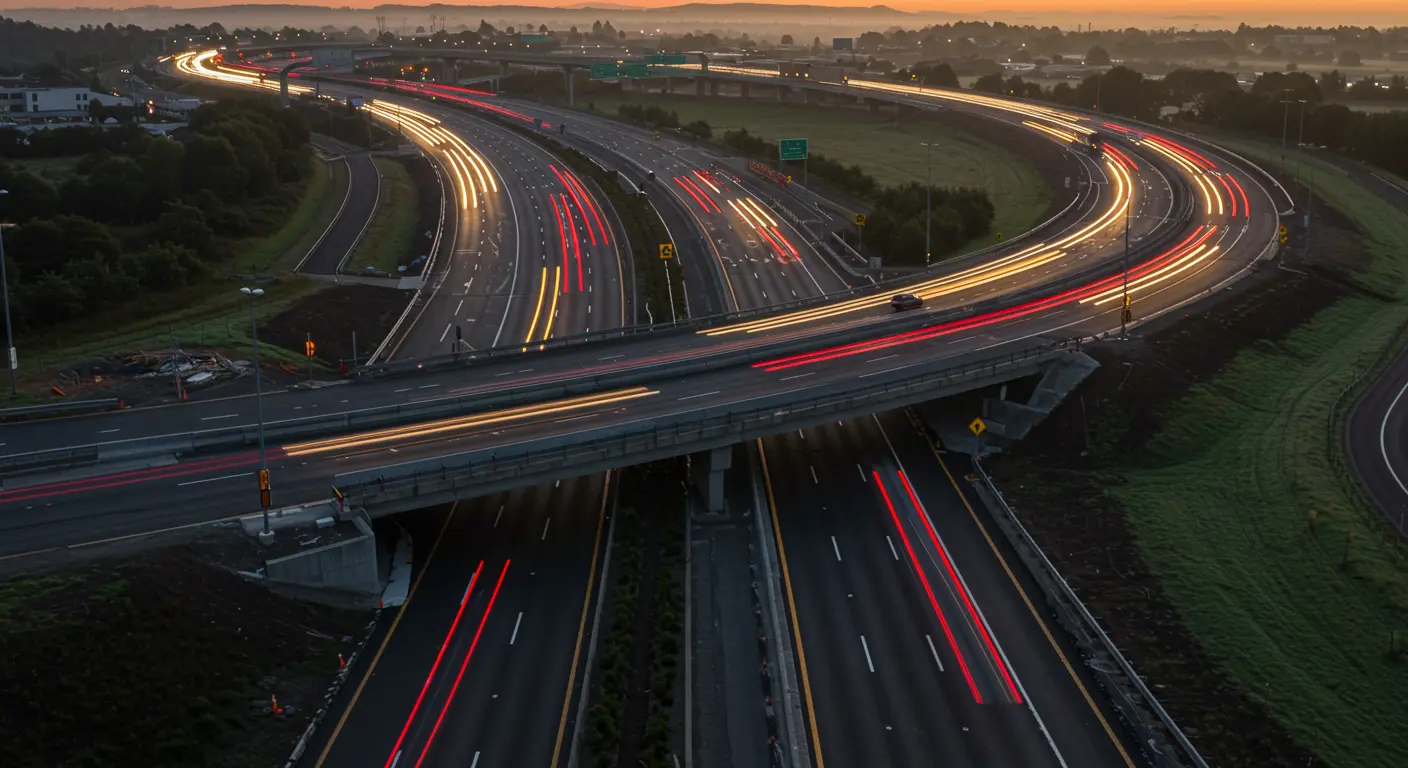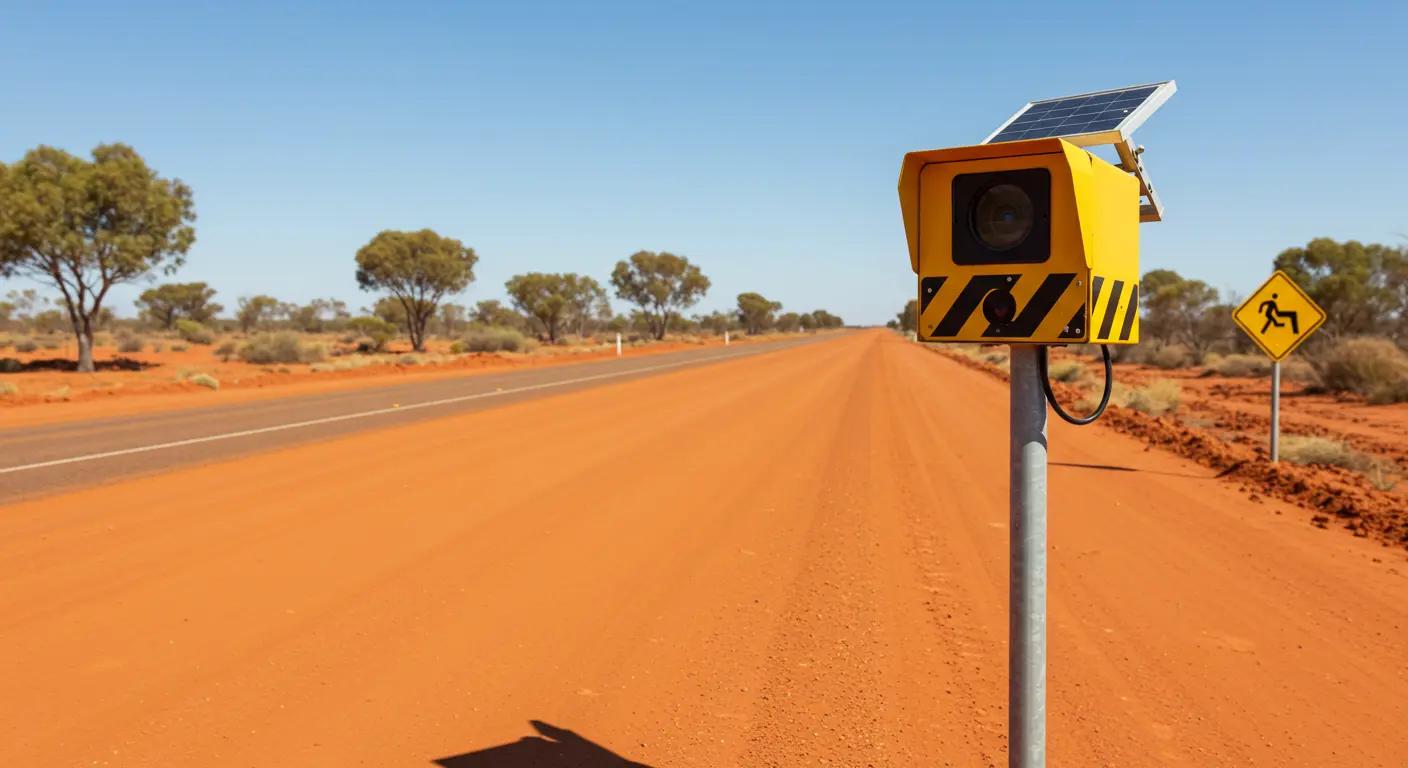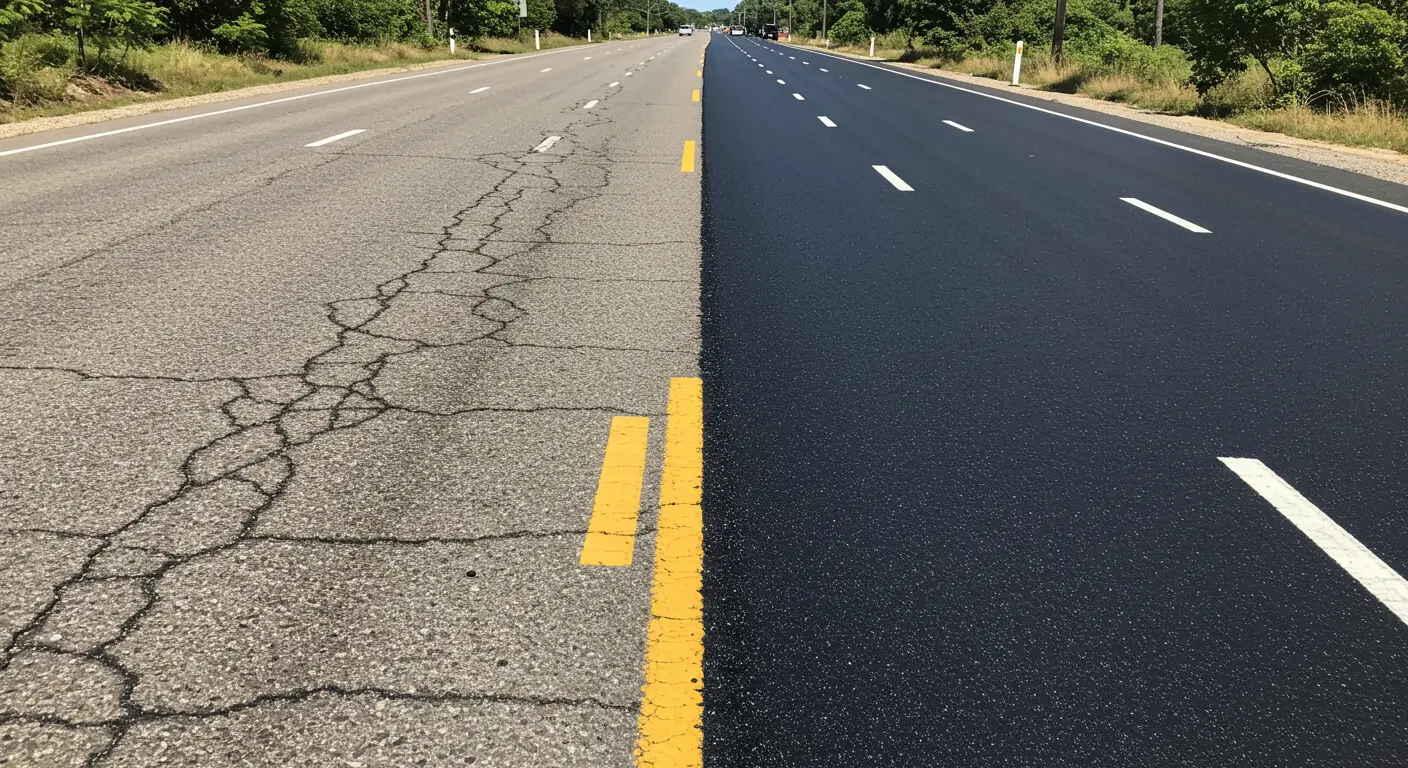The soaring popularity of caravanning in Australia has come with a troubling rise in caravan-related accidents, prompting calls for improved driver training and greater road awareness.
A Growing Concern on Australian Roads
The COVID-19 pandemic fueled a boom in domestic travel, with caravans and camper trailers becoming the go-to choice for holidaymakers.
However, this surge has coincided with an alarming 19% increase in caravan-related collisions in Western Australia since 2021, according to RAC data. Tragically, eight lives have been lost, and many others have been seriously injured in such incidents across WA since 2019.
Michael Collins, a seasoned recovery specialist from Albany, has witnessed this trend firsthand.
“There are incidents happening all the time,” Collins said. “We used to see major incidents every few months. Now, it’s once a month.”
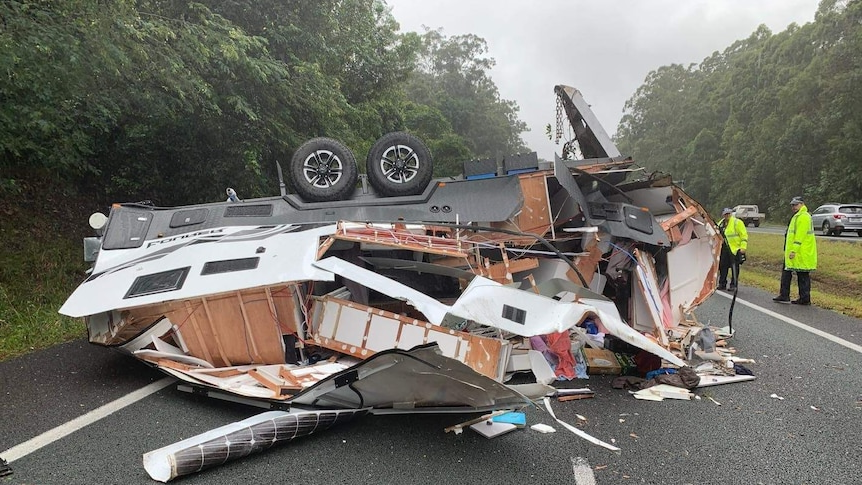
Common Causes of Caravan Accidents
Experts point to a range of factors contributing to the rise in accidents, including driver inexperience, overloaded caravans, and poor road conditions.
“The most recent case I attended involved someone traveling a short distance, yet they still managed to flip their caravan,” Collins explained. “It’s often a combination of inattention and road camber.”
Glen Walker, RAC’s claims and assurance manager, also highlights driver error as a significant factor.
“We frequently see collisions with other vehicles, often due to a lack of preparation and experience,” Walker noted.
The Need for Towing Training
Currently, Australians can tow a caravan with a standard driver’s licence, without additional qualifications. While each state has its own towing regulations, there is no uniform national standard for training or testing caravan drivers.
Experts and road safety advocates, including Walker, emphasize the importance of training.
“Preparation and experience are key. We strongly encourage those new to towing to undertake specialist training,” Walker said.
RAC offers courses designed to familiarize drivers with towing and handling caravans, a step many believe should be mandatory.
Road Etiquette and Safe Driving Practices
The rise in caravan-related accidents has also sparked conversations about road courtesy. Long caravan convoys often frustrate other drivers, leading to risky overtaking maneuvers.
“Multiple caravans traveling closely together make it nearly impossible for others to pass safely,” Collins said. “A little courtesy, like maintaining some separation, could make all the difference.”
The WA Road Safety Commission echoes this sentiment, advising caravan drivers to regularly pull over to let faster vehicles pass. Drivers towing caravans in WA must also adhere to a maximum speed of 100 km/h and maintain a safe distance from other vehicles.
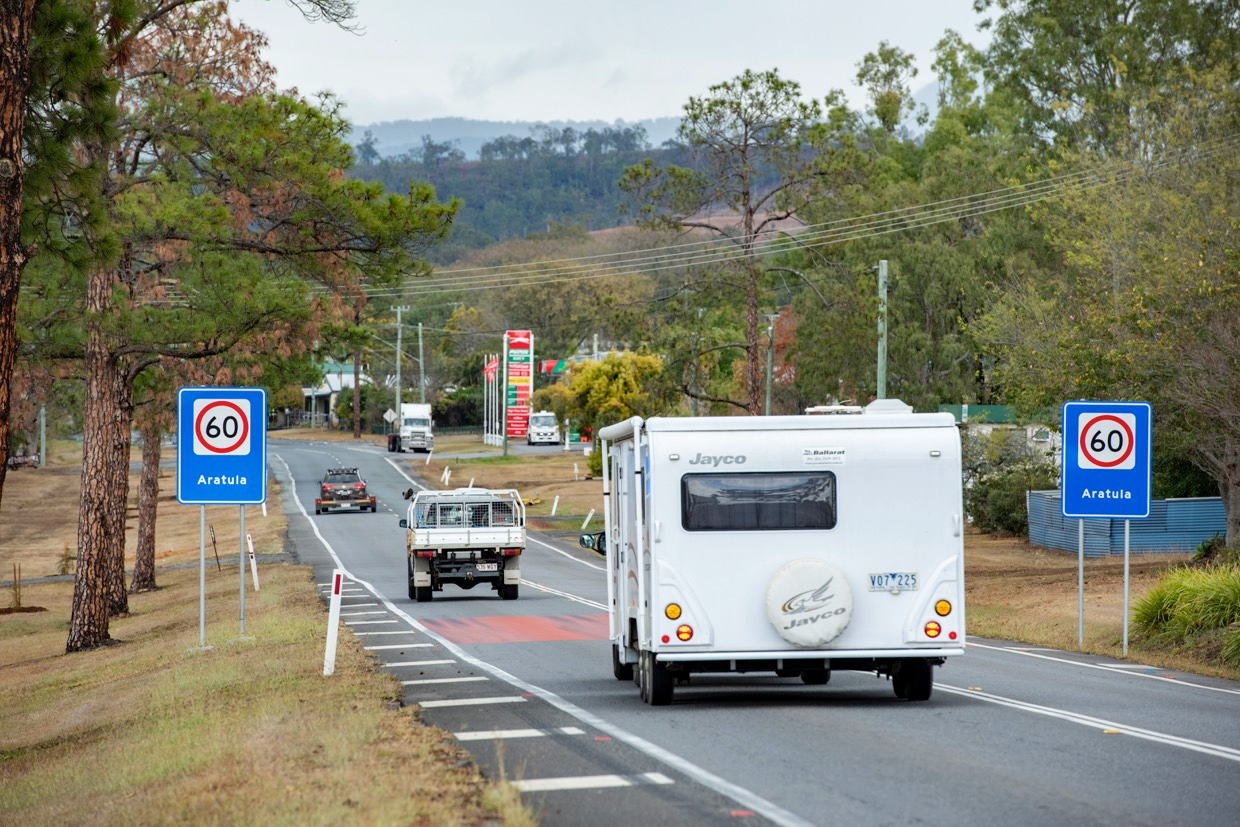
Over One Million Caravans on Australian Roads
With nearly one million registered caravans, campervans, and camper trailers in Australia, the need for improved safety measures and driver education has never been more urgent.
Enhanced training programs, greater public awareness, and road courtesy are vital steps to reducing accidents and ensuring the safety of all road users.
Caravanning offers freedom and adventure, but with this comes responsibility. Whether through voluntary training or legislative changes, ensuring drivers are equipped to handle their caravans safely is a critical move toward safer Australian roads.
